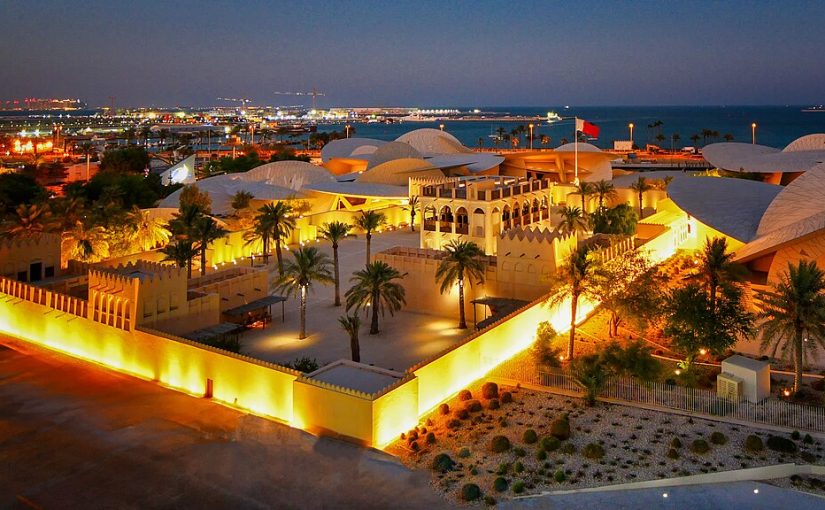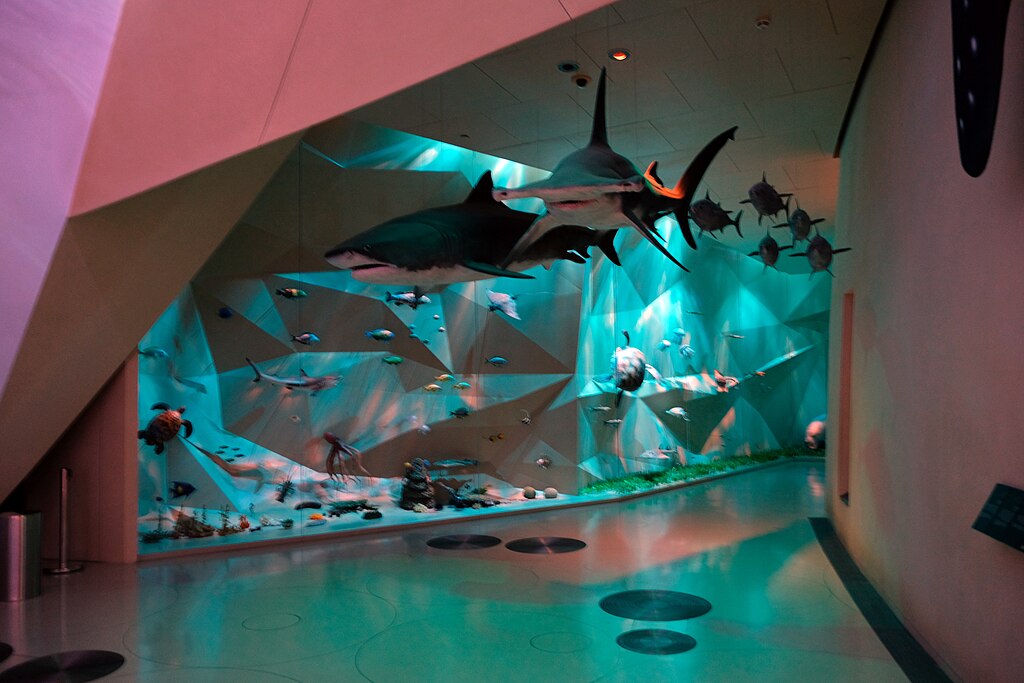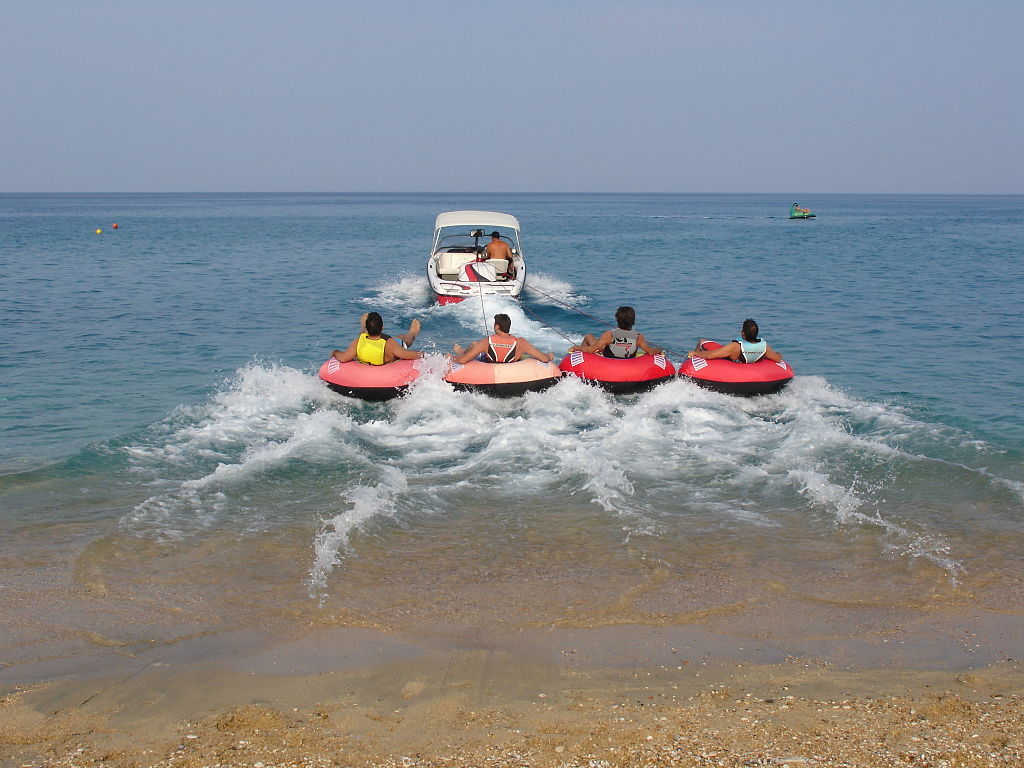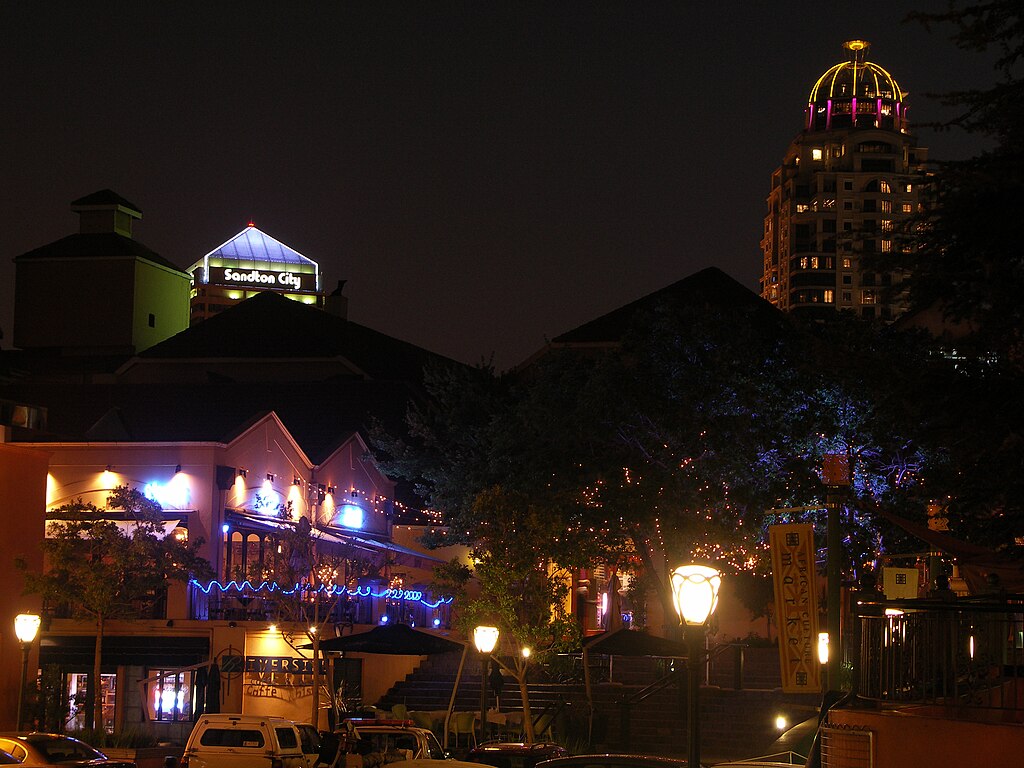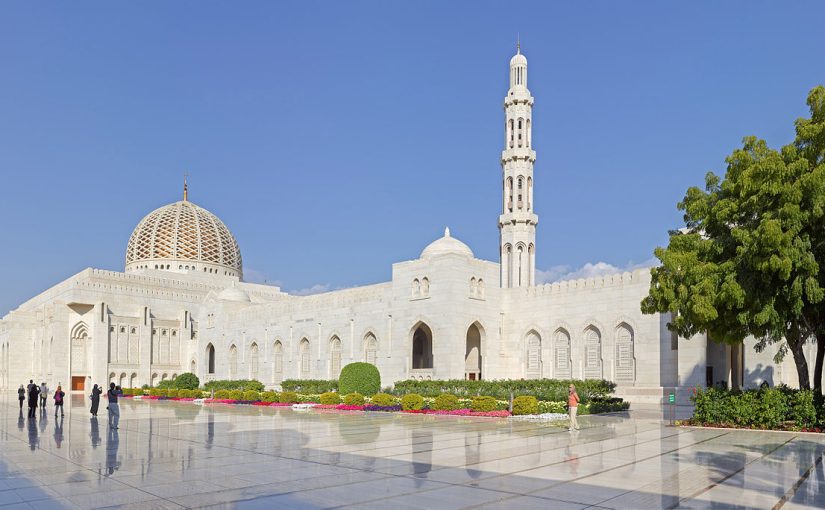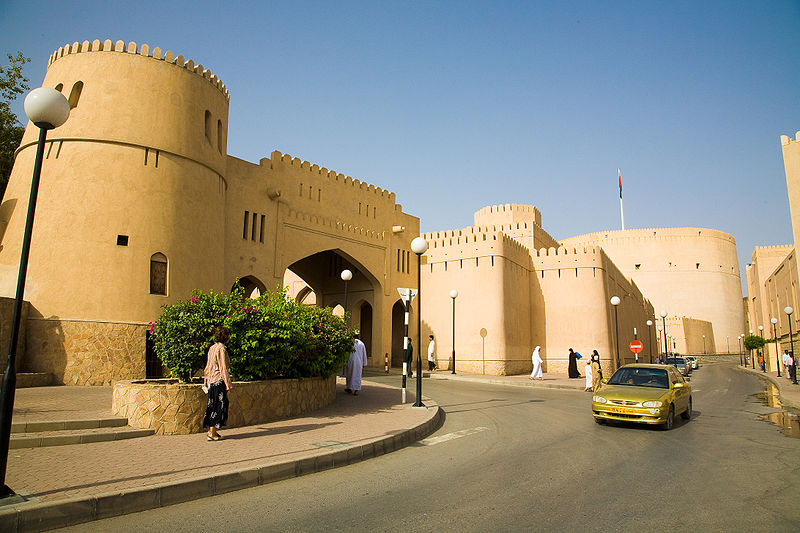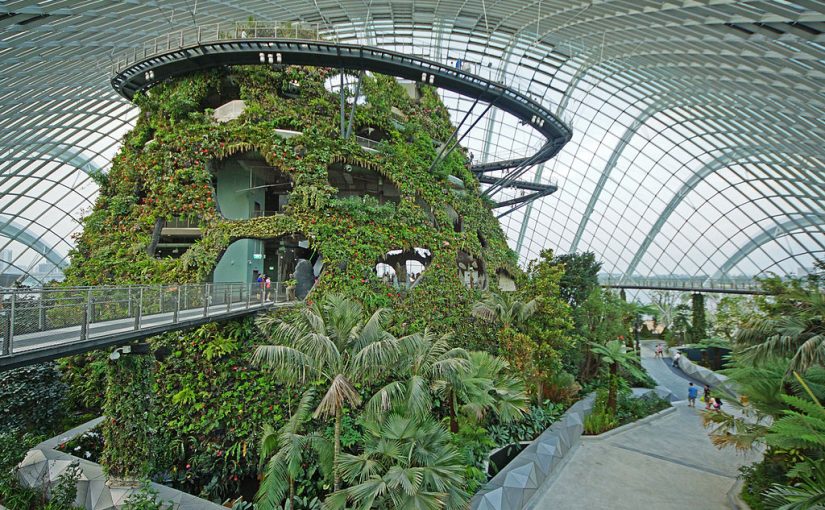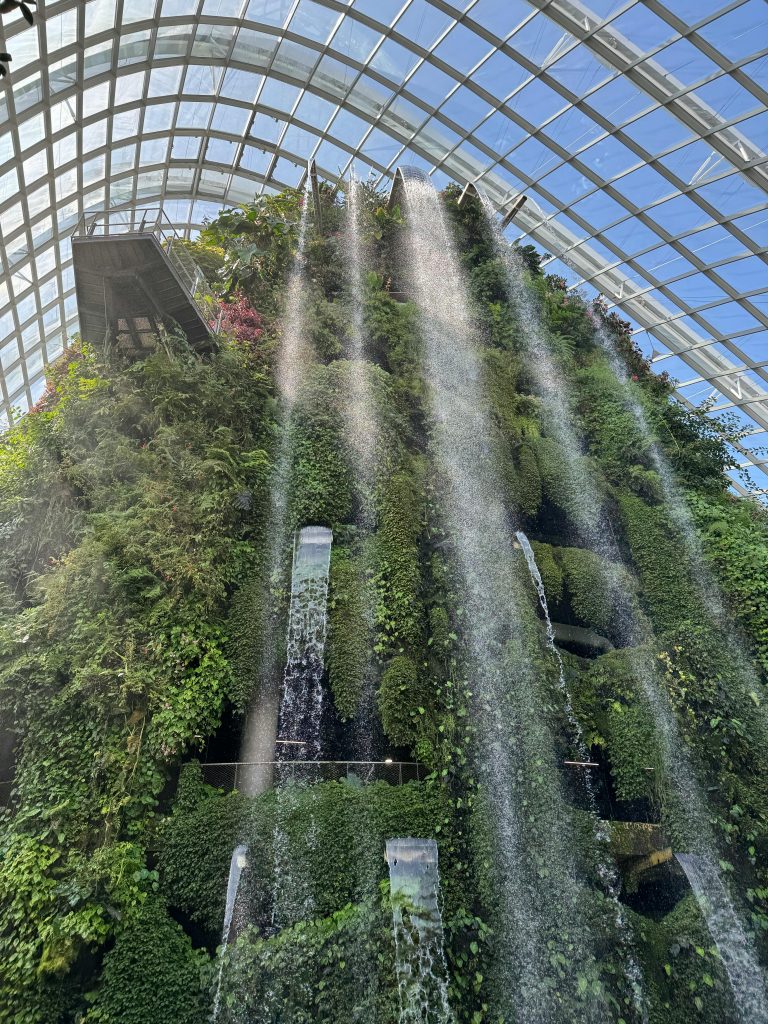Sri Lanka’s Cultural Triangle is a treasure trove of history, home to ancient capitals, sacred temples, and breathtaking ruins. Each site tells a story of kings, religion, and remarkable craftsmanship that has stood the test of time.
Polonnaruwa: Relics of a Golden Age
Polonnaruwa, the second capital of Sri Lanka, is home to well-preserved ruins, including massive Buddha statues and intricately carved temples. Exploring these sites with a private tour in Sri Lanka offers deeper insights into the kingdom’s architectural brilliance and cultural significance.
Dambulla Cave Temple: A Sacred Masterpiece
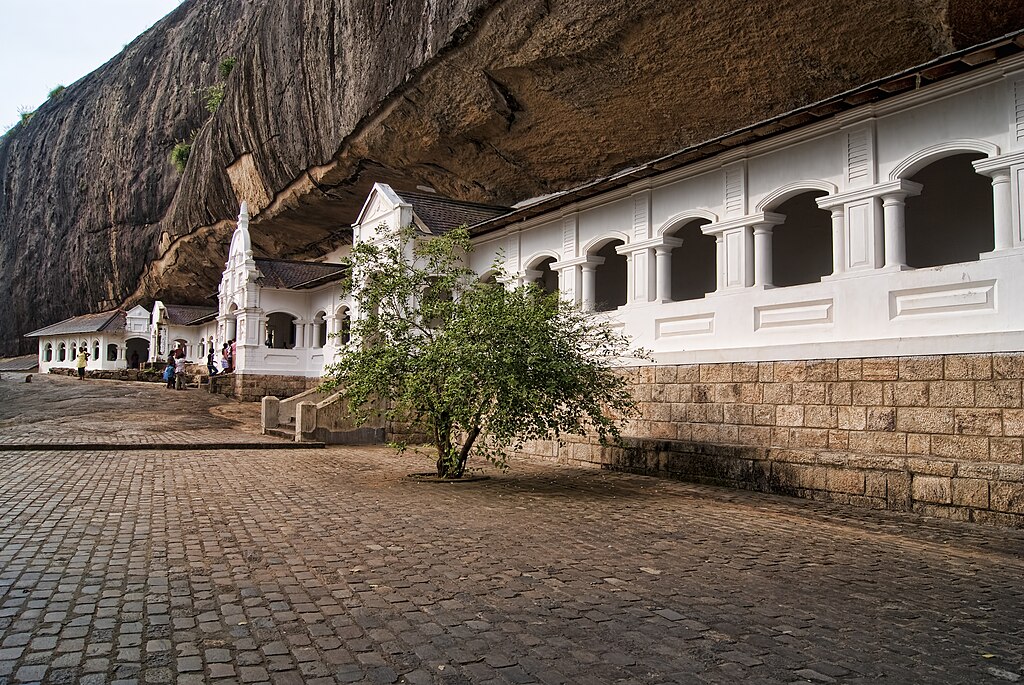
Perched on a hilltop, the Dambulla Cave Temple is the largest and best-preserved cave temple complex in Sri Lanka. Inside, you’ll find over 150 statues of Buddha and vivid murals that date back centuries. Many travellers choose guided experiences with the likes of Ceylon Tours to fully appreciate the temple’s artistic and spiritual heritage.
Sigiriya: The Majestic Rock Fortress
Rising nearly 200 metres above the surrounding plains, Sigiriya is an ancient rock fortress built by King Kashyapa in the 5th century. Its intricate frescoes, symmetrical gardens, and the legendary Lion’s Paw entrance make it a true engineering marvel. Climbing to the top rewards you with panoramic views of the lush landscape.
Anuradhapura: The First Great Kingdom
Once the heart of Sri Lanka’s civilisation, Anuradhapura dates back over 2,000 years. This UNESCO-listed city is filled with grand stupas, ancient monasteries, and sacred sites like the Sri Maha Bodhi, a fig tree grown from a sapling of the tree under which Buddha attained enlightenment.

